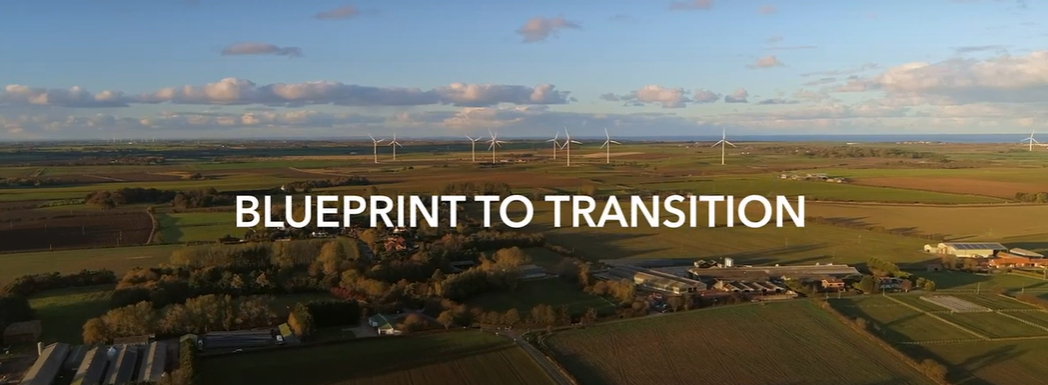
The UK’s shift from coal power to clean energy has reduced CO2 emissions, expanded offshore wind power, and reinvigorated maritime communities.
This second film developed through the PPCA’s partnership with Bloomberg Philanthropies explores how the United Kingdom is phasing out coal power. As the birthplace of industrialisation, the UK’s approach has international importance and can potentially provide a blueprint for other countries to follow.
Through implementing innovative government policies, the UK is expected to be coal power free by 2025 or sooner, representing a rapid shift over the past decade. Coal power generation had a 40% share of UK electricity as recently as 2012, with subsequent significant declines year-on-year to just 5% in 2018. The UK electricity system now has frequent periods with zero coal generation.
Regarder le film avec sous-titres français
Carbon pricing policies have resulted in coal becoming uneconomic in the electricity market. But the parallel growth of clean energy production is a big piece of the UK’s success in transitioning off coal power. Government policies helped provide a platform for renewable energy growth and market development, leading to a boom in offshore wind operations.
Another key component has been the incorporation of renewable energy with its variable and seasonal characteristics into the power mix. The UK is successfully tackling the challenge of intermittent energy with the integration of different renewable energy sources such as wind and solar. These are being coupled with energy storage and innovative approaches to managing demand. By increasing the number of electricity transmission interconnections between the UK and neighbouring countries, the UK has the ability to balance energy supply and demand across a wider geographical area. The film visits the National Grid Electricity System Operator control center to learn more about how variable energy sources such as offshore wind are dispatched to meet consumer demand in a cost effective manner.
Maritime communities in the UK’s Humber region have experienced economic hardship over recent decades due to a decline in both fisheries and industrial production. However, an economic resurgence is occurring thanks to the establishment of the offshore wind industry. Wind turbine factories and the installation and maintenance of turbines in the North Sea have given Hull and its neighbouring cities new jobs and a boost to ancillary businesses. Offshore wind power is revitalising communities and tapping into their existing maritime skill base. The film features Yorkshire and the Humber, now dubbed the Energy Estuary, as examples of how other maritime communities can boost their economic base and leverage their skilled workforce to build a vibrant offshore wind industry.
The UK experience serves as a model for other governments on how to phase out coal power and expand economic diversity in the pursuit of a low carbon economy.





